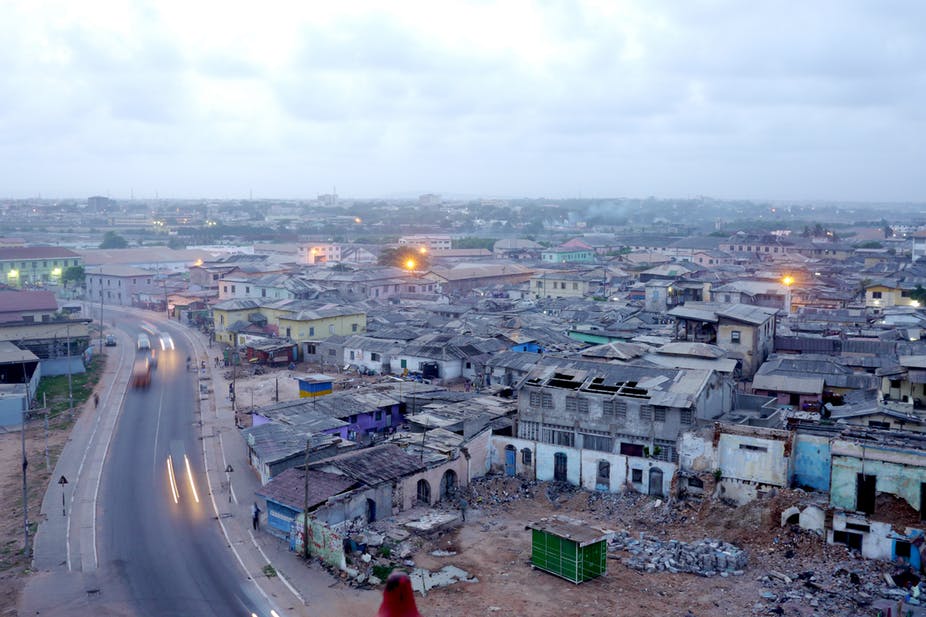News & Updates
Africa’s rapid urbanisation is creating new health problems, warn WHO
09 November 2018

Yesterday, 8th November, representatives from African cities met to discuss how to tackle the effects of environmental issues on human health in the region. This includes pollution, water quality and sustainable urban areas.
Across Africa 500 million people live in cities, with this figure rising rapidly each year. According to UN-Habitat the continent is urbanising at a rate of 4% each year.
The rapid and largely unplanned urbanisation of the region brings with it vast opportunities for economic and social development; however, there are many health risks associated with these due to pollution, over-crowding and growth that does not consider the environment.
Dr Suvajee Good, Programme Manager for health promotion and determinants of health, World Health Organization’s (WHO) Regional Office for Africa commented:
“Africa’s cities are booming, and how we manage that economic and population growth today will have a huge impact on the health and economic viability of entire countries far into the future”
Around the world 80% of people in urban areas are exposed to polluted air which causes 7 million premature deaths each year, 1 million of which occur in Africa.
Accra, the capital of Ghana, which is home to 2 million people was recently named one of the world’s most polluted cities with a pollution index of 97.1.
New policies are being implemented in Accra and reflect the pioneering and innovative opportunities available to tackle Africa’s urbanisation issue. Ghana’s health service, in collaboration with the World Health Organisation, has launched its ‘Urban Health Initiative’ which trains Ghanaian experts to assess the impact of air pollution and plan healthier approached to urban growth.
Other initiatives across the region include efforts to clean up waste, stop waste burning, expanding green space and collaborating with health, transport, waste and energy sectors.
Dr Suvajee Good added:
“To tackle the dangers of pollution and make the best of Africa’s growing cities, urban planning must be considered a public health matter, and health issues must be an indicator for urban development”
“The healthy, wealthy and sustainable cities of the future are those that take concrete actions to roll back pollution, limit environmental degradation and invest in the health and well-being of their citizens today”
The negative health effects of urbanisation are disproportionately felt by the poor and marginalised members of society as they are exposed to pollution, toxic waste and are unlikely to access health and social services.
Dr Suvajee Good noted that overcoming this will require collaboration with mayors and governors.
If you’d like to stay informed on the latest updates in aid and development, please sign up for the AIDF newsletter.
Image credit: Shutterstock